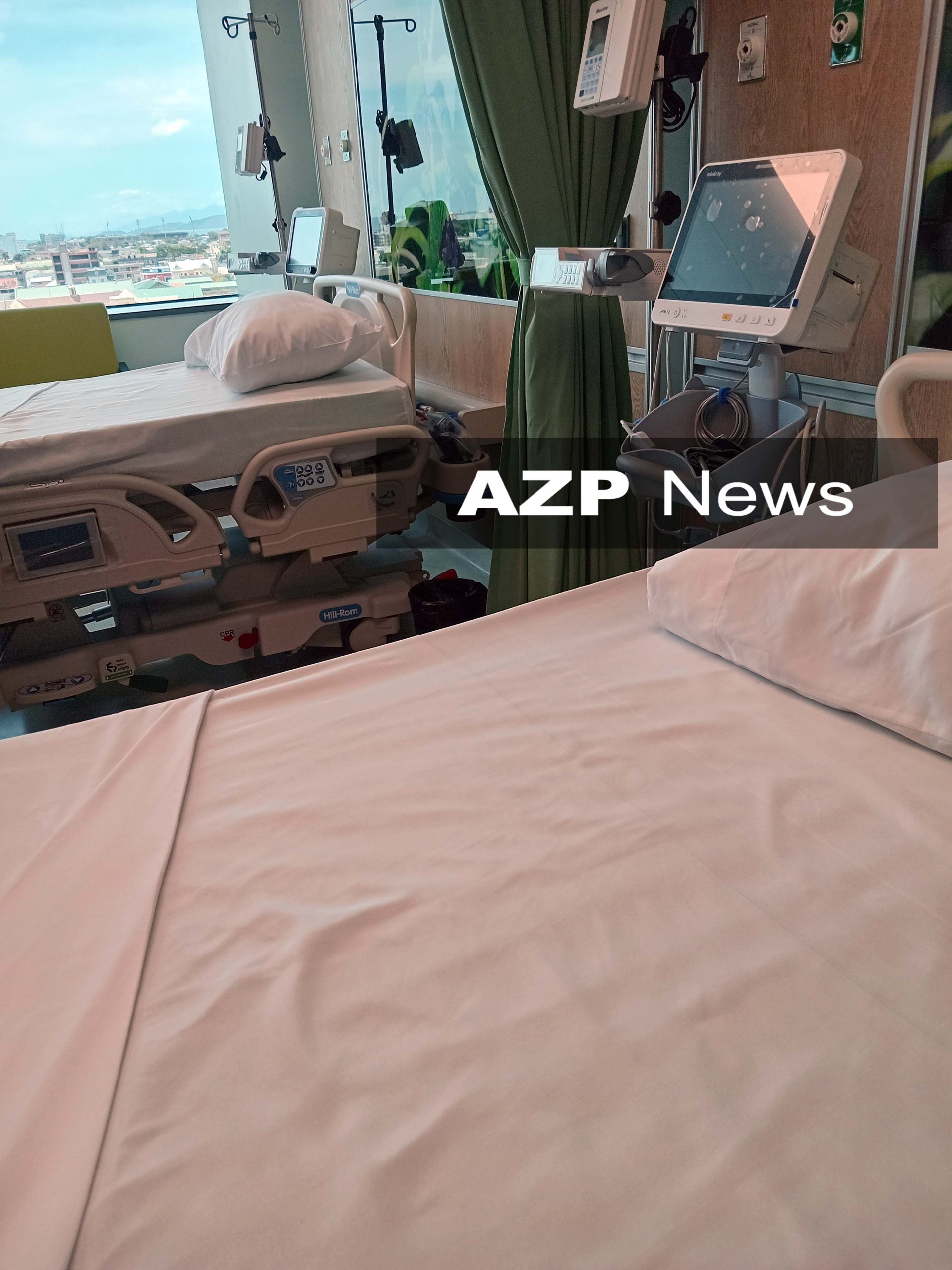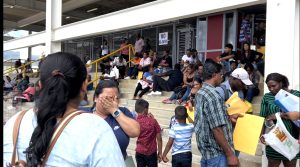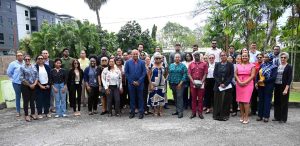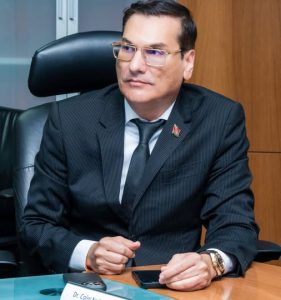BRIDGETOWN – Caribbean nursing and other health stakeholders are meeting here against the backdrop of a critical shortage of nurses in the Caribbean.
Delegates attending the three-day 52nd annual general meeting of the Regional Nursing Body (RNB) have been told that the shortages are among the major concerns facing the health sector in the Caribbean.
The meeting ends on Thursday and among the agenda items are developing an action plan to address the migration and mobility of health workers in the region, a review of the SOWN 2025, new developments in nursing, and the results of the April 2025 sitting of the Regional Examination for Nurse Registration.
Barbados Health and Wellness Minister, Dr. Jerome Walcott, said that the RNB now stands at a critical crossroad.
“You are not only being called upon to sustain the gains of the past, but to lead the transformation of the profession, to shape new models of care and to prepare our nursing workforce to face complex health challenges ahead which include, of course, ‘Dr. Google’ and the worrisome effects of climate change,” he said.
Walcott pointed to the “troubling trends” and “growing concerns” about nurse retention and called for courage and collaboration in charting the course ahead.
“Too many of our nurses are leaving for greener pastures, an issue that has become more acute in recent years. Small developing states such as ours simply cannot match the salaries and benefit packages offered by the larger, wealthier nations.
“As a result, we are facing staffing shortages that increase nurse to patient ratios, create longer shifts which can lead to stress and burn out in some cases, and ultimately can compromise the quality of patient care,” he noted.
Caribbean Community (CARICOM) Assistant Secretary-General, Human and Social Development, Alison Drayton spoke of the “critical shortage of these indispensable health professionals,” citing the State of the World’s Nursing Report 2025 (SOWN), which pointed out that one in seven nurses globally was practising outside of the country of their birth.
“This dynamic poses significant challenges to the development and sustainability of health systems in low- and middle-income countries like those within our region.
“Accordingly, it is imperative that the region substantially increase its investments in the education, recruitment, and retention of nurses and midwives to safeguard the resilience and effectiveness of our health workforce,” Drayton said.
RNB chair and the Chief Nursing Officer in Grenada, Nester Edwards, also warned of the consequences if the gaps are not filled.
“While they are among the largest, if not the largest, segment of the workforce in our healthcare systems, the region continues to face a perennial shortage of nurses and midwives with high attrition rates and migration to more developed countries.
“According to the SOWN 2025 report, we are unlikely to achieve the targets for universal health coverage if the gap in these shortages is not filled,” she said, calling for a redoubling of the efforts to find effective strategies to recruit and retain nurses and midwives, including those in the diaspora.
“Improving working conditions and utilising technological advancements and incentives, including flexible working hours, should be considered when developing these strategies,” she said. (CMC)
![]()














